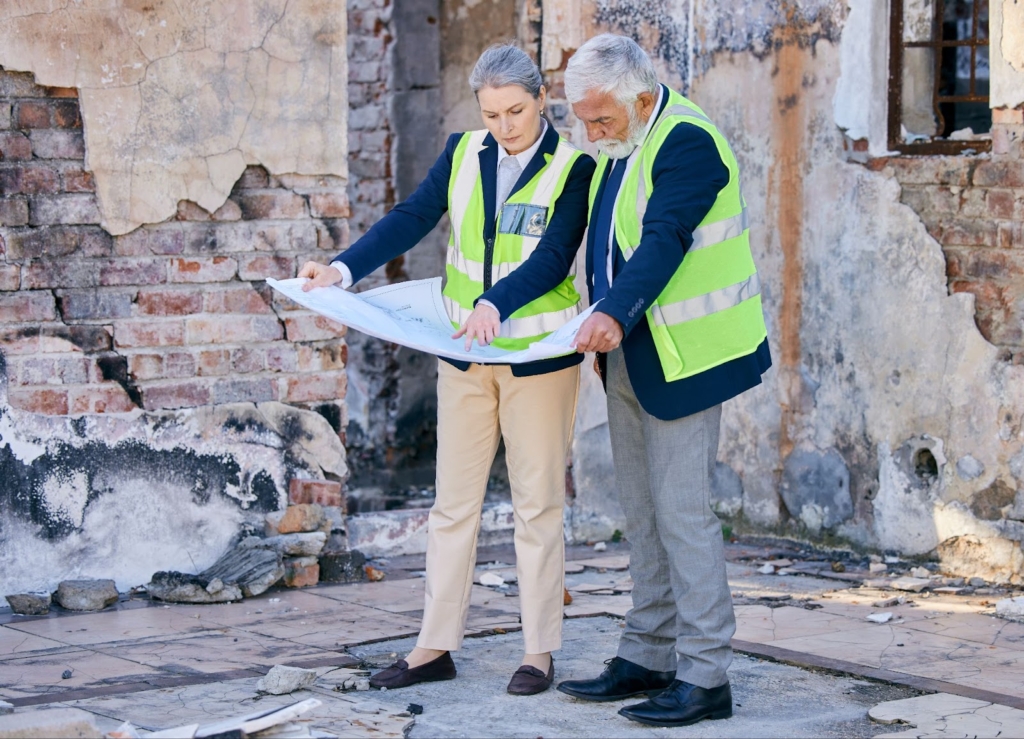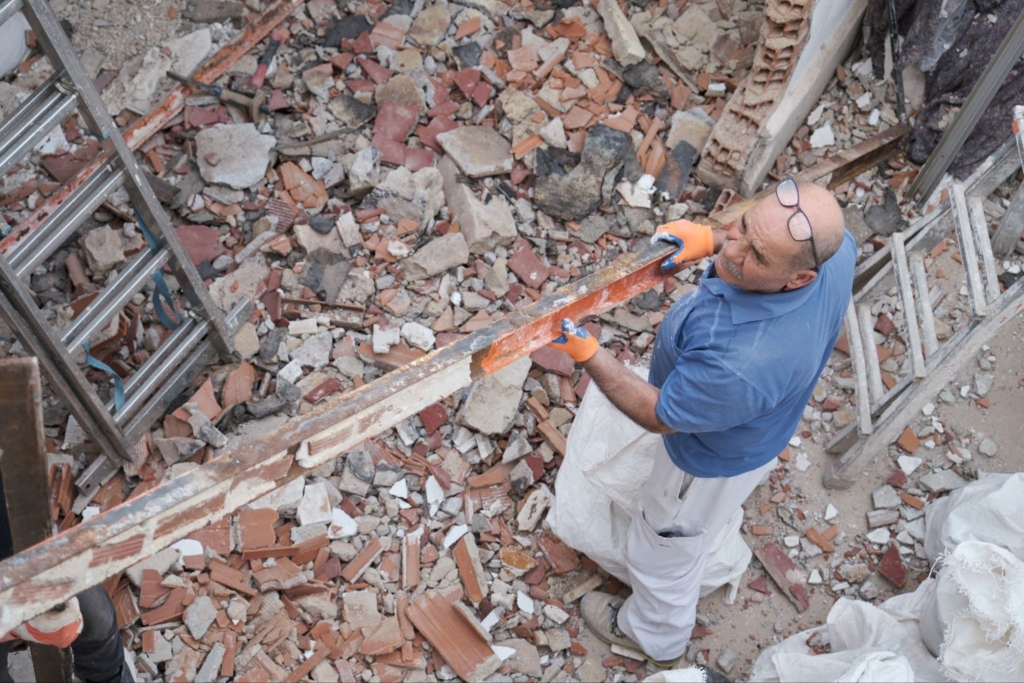
The Importance of Accurate Residential Estimates
An accurate residential estimate is critical for property restoration, whether for routine maintenance or after unexpected damage. For homeowners and restoration business owners alike, these estimates are the foundation for making informed decisions about project scope, budgeting, and timelines.
The Role of Estimates in Residential Restoration Projects
Estimates in the restoration industry are not just preliminary figures; they outline potential project costs and are vital for setting realistic expectations. An accurate estimate can dictate financial decisions and influence homeowners’ insurance claims. For restoration business entrepreneurs, these estimates affect resource allocation, project scheduling, and customer satisfaction.
Factors Affecting Cost Estimation in Residential Restoration
Accurate cost estimation in residential restoration projects is critical yet challenging due to various influencing factors. These factors must be carefully considered to ensure estimates are precise and reliable. Here’s an exploration of the primary elements that impact the accuracy of forecasts in residential restoration:
Condition of the Property
The existing condition of a property is one of the most significant factors in restoration estimation. Older properties or those that have suffered extensive damage (like from fire or water) may conceal issues that are not immediately apparent, leading to unexpected challenges and costs.
Historical Accuracy Requirements
Maintaining historical accuracy is crucial for restorations, particularly those involving historical properties. This requirement can significantly affect cost estimates as it may necessitate using specific materials, techniques, and craftspeople skilled in traditional methods, all of which can be more costly.
Complexity of the Restoration
The project’s complexity, including the types of damage to be repaired and the features to be restored, directly impacts the estimation accuracy. Complex projects involving structural repairs or specialized restoration can introduce variables challenging to predict and cost.
Availability of Materials
The availability of required materials can affect both the cost and the timeline of a restoration project. Sometimes, materials must be specially ordered or custom-made, especially if they must match existing historical elements, which can introduce delays and additional costs.
Regulatory Compliance and Permits
Restoration projects often face strict regulatory requirements, especially if the building is listed or located in a historic district. Compliance with these regulations requires additional paperwork, permissions, and modifications to the project plan, all of which can affect the estimate accuracy.
Labor Skills and Costs
The skills required for restoration can be specialized, particularly in projects demanding historical accuracy. The availability of skilled labor can vary, and sourcing the proper artisans may come at a premium, affecting the overall estimate.
Project Scope Definition
A well-defined project scope is essential for accurate estimates. In restoration, where unexpected discoveries (like hidden water damage or structural issues) are more common, scope definition must be flexible yet comprehensive to account for unforeseen adjustments.
Environmental Factors
Environmental considerations, such as working in areas prone to weather extremes or other natural factors, can also impact the cost and accuracy of restoration estimates. Protective measures and work timing to accommodate these conditions can incur additional fees.
These factors can significantly enhance the accuracy of cost estimates in residential restoration. Professionals engaged in such projects need to employ thorough assessment techniques, leverage historical data, and maintain flexibility in their project planning to accommodate the unique challenges presented by restoration work.

The Impact of Inaccurate Estimates on Stakeholders
Inaccurate estimates can have a ripple effect on all parties involved in a restoration project. Understanding these impacts can underscore the importance of accuracy in the estimating process.
Financial Implications for Homeowners
Homeowners rely on estimates to budget for restoration projects. Inaccurate estimates can lead to unexpected out-of-pocket expenses, potentially causing financial strain. Overestimates can deter homeowners from undertaking necessary repairs, while underestimates might lead to incomplete projects due to a lack of funds.
Business Repercussions for Restoration Companies
For restoration companies, inaccurate estimates can tarnish their reputation and reduce customer satisfaction. It can result in negative reviews and a reduction in future business opportunities. Accurately estimated projects are more likely to be completed on time and within budget, enhancing customer trust and business credibility.
Strategies for Improving Estimate Accuracy
Restoration businesses can adopt several strategies to minimize discrepancies in residential estimates. These strategies enhance accuracy, improve client trust, and increase business efficiency.
Detailed Site Inspections
Conducting thorough site inspections allows estimators to identify potential challenges and needs specific to each project. This hands-on approach helps create more detailed and accurate estimates, reducing the likelihood of unforeseen issues during restoration.
Leveraging Technology
Advancements in technology, such as estimation software and mobile apps, enable more precise calculations of materials and labor. These tools can also factor in real-time data on material costs and availability, enhancing the accuracy of each estimate.
Continuous Training and Education
Ensuring that estimators are well-trained and knowledgeable about the latest in building standards, restoration techniques, and cost trends can significantly improve estimate accuracy. Continuous education programs for staff can keep a restoration business at the forefront of industry standards and practices.
Transparent Communication
Maintaining open lines of communication with clients about the estimating process and any potential variables that could affect the project cost encourages a mutual understanding of the estimate’s scope and limitations. This transparency helps manage client expectations and can prevent disputes over project costs.
Accurate residential estimates are more than just numbers; they reflect a restoration business’s reliability and professionalism. Through diligent preparation, continued education, and modern tools, the accuracy of residential estimates can be significantly enhanced, benefiting both the homeowner and the restoration service provider.
 Methods for Accurate Cost Estimation
Methods for Accurate Cost Estimation
Achieving accurate cost estimation is crucial for the success of residential construction and renovation projects. It ensures that budgets are realistic, resources are allocated efficiently, and financial surprises are minimized. Here are several proven methods to enhance the accuracy of cost estimations:
Detailed Project Planning
Before any actual construction begins, detailed project planning is essential. It involves a comprehensive understanding of the project scope, including all tasks and materials required. Detailed plans and blueprints help identify every aspect of the project, which can then be accurately priced.
Unit Cost Estimating
One of the most common methods for cost estimation is the unit cost method. After breaking down a project into smaller, detailed pieces, estimators apply unit costs to each element. These unit costs are typically gathered from databases based on historical data, contractor quotes, and industry standards. This method allows for adjustments based on the quantities of each unit required.
Use of Cost Estimating Software
Leveraging technology, specifically cost-estimating software, can significantly enhance the accuracy and efficiency of producing cost estimates. These tools use current data on labor rates and material costs and often include features for adjusting estimates based on project location, size, and complexity.
Professional Quantity Surveys
Engaging a professional quantity surveyor can bring expertise in detailed cost management and contract administration. These professionals prepare detailed cost assessments based on industry standards and practical construction knowledge, ensuring all aspects of the project are considered and priced accurately.
Historical Data
Using historical data from past projects of similar size and scope can provide a valuable benchmark for current project estimates. Adjustments can be made based on any differences in project specifications or economic changes since the completion of past projects.
Contingency Planning
Including a contingency allowance in the budget can account for unforeseen expenses. Typically, a contingency of about 5-10% of the total estimated cost is recommended, depending on the project’s complexity and risk level. It helps manage unexpected costs without significantly impacting the overall financial plan.
Regular Review and Update of Estimates
As a project progresses, regular reviews and updates of the cost estimates are necessary to reflect changes in scope, materials, and market conditions. This dynamic approach allows for real-time adjustments, maintaining the budget’s accuracy.
Market Analysis
Staying informed about current and future trends in the construction market, including fluctuations in material costs and labor rates, can help make informed adjustments to cost estimates. Market analysis also includes understanding the impact of economic conditions and regulatory changes that might affect project costs.
Consultations with Contractors and Suppliers
Regular consultations with contractors and suppliers during estimating can provide insights into potential cost savings and alert the team to price fluctuations. This collaborative approach ensures the estimate is realistic and reflects the latest market conditions.
Accurate cost estimation protects against budget overruns and contributes to the overall success and efficiency of construction or renovation projects, fostering better relationships among clients, contractors, and other project stakeholders.
Importance of Precision in Residential Estimates
Accurate residential estimates are essential for ensuring the success and financial viability of any property-related project, whether it involves new construction, renovation, or restoration. These estimates set the groundwork for budget planning and influence decision-making processes for homeowners and contractors. By providing a detailed forecast of costs, they help manage expectations and foster trust between clients and service providers.
Estimates help avoid cost overruns and delays affecting the project outcome. Ultimately, precision in these estimates supports efficient resource allocation, enhances project management, and contributes to the overall satisfaction of all parties involved, highlighting their undeniable importance in the residential property sector.
Explore more insights on accurate estimating by checking out the Estimate Solutions blog now!
